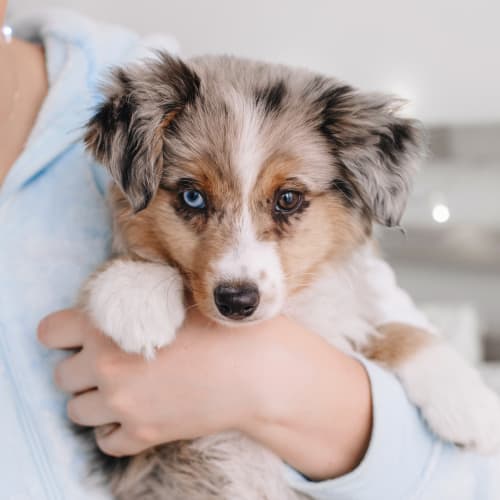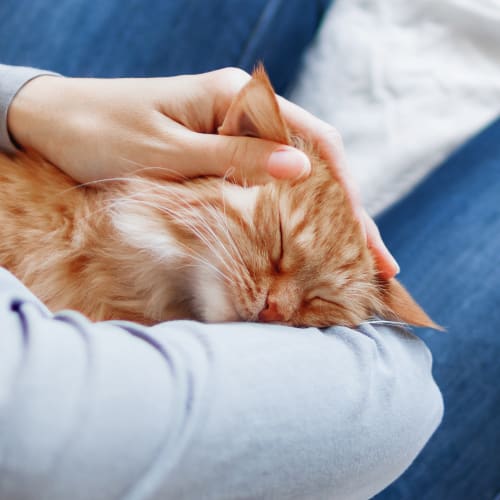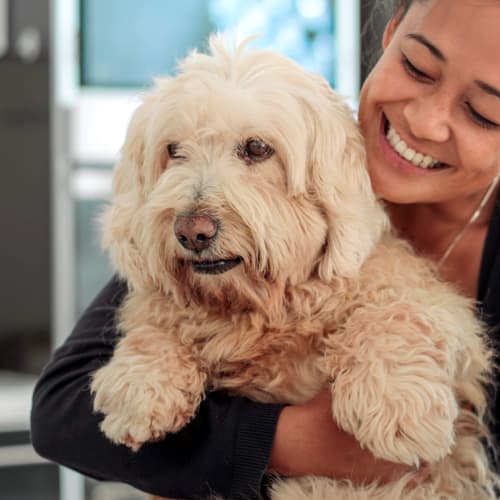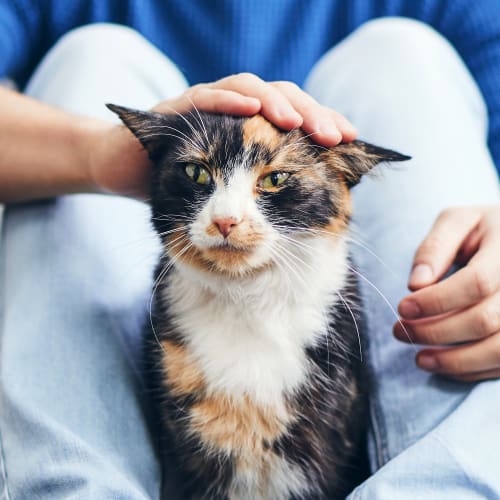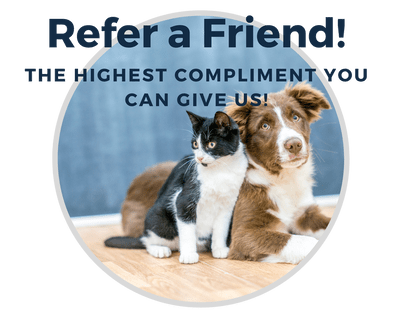Welcome to Our Animal Hospital in Caledon
Since we opened in 1999, we have developed a reputation for quality care with a compassionate touch. We offer extended weekday hours, as well as Saturday appointments, to make it easier for you to prioritize your pet's health.
From wellness exams and dental care to surgery and even cold laser therapy, our varied service offering is designed to meet your pet’s health needs at every stage of their life.
Wellness Exams
Regular exams help our vets maintain your pet's health and detect any conditions early for treatment.
Surgery
Our vets perform a variety of surgeries, including c-sections, spay & neuter procedures, and more.
Diagnostics
With our in-house lab, we obtain test results quickly, allowing for efficient treatment and improved patient safety.
Dentistry
We offer restorative and dental preventive treatment for your pets, including surgeries and cleanings.
Why Routine Exams Are Essential for Your Cats & Dogs
At Glendale Veterinary Hospital, we encourage regular wellness exams as they help safeguard your pet’s long-term health.
Routine exams allow your veterinarian to assess your pet’s current health and find any potential issues early, often before they become significant concerns.
These checkups also offer an opportunity to address any changes in your pet's behavior, diet, or activity levels, ensuring they receive the personalized care they need to stay healthy and thrive.
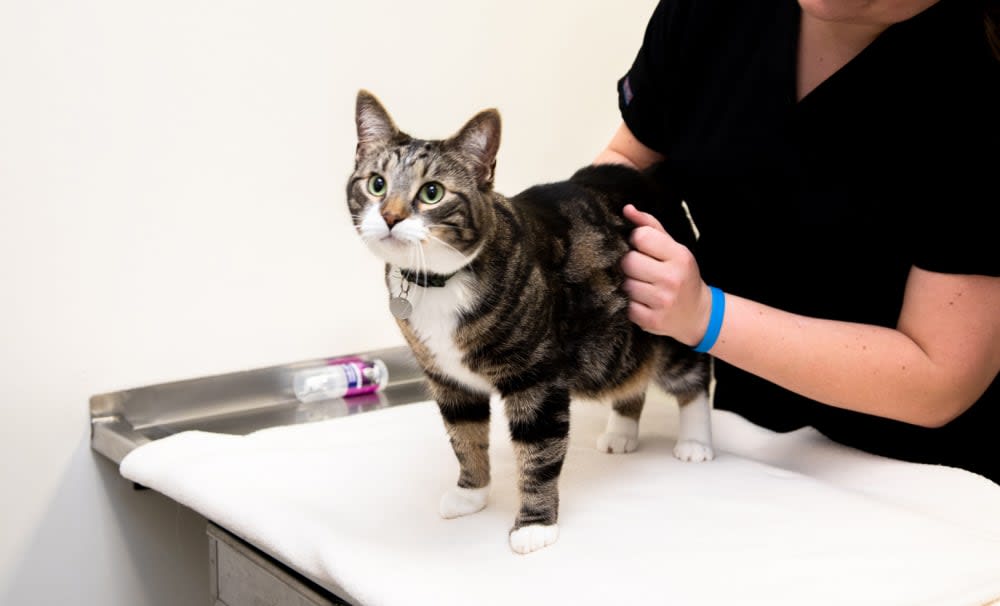
-
Never a concern of any kind with the help and assistance provided. All very professional and competent stall and at the same time friendly too.
New Patients Welcome
Glendale Veterinary Hospital is accepting new patients! Our veterinary team is passionate about the health of cats and dogs in Caledon. Give us a call today to book your pet's first appointment.
Contact
Hours
-
Click to View
- Monday:07:30 am - 07:00 pm
- Tuesday:07:30 am - 07:00 pm
- Wednesday:07:30 am - 07:00 pm
- Thursday:07:30 am - 07:00 pm
- Friday:07:30 am - 05:30 pm
- Saturday:09:00 am - 01:00 pm
- Sunday:Closed


